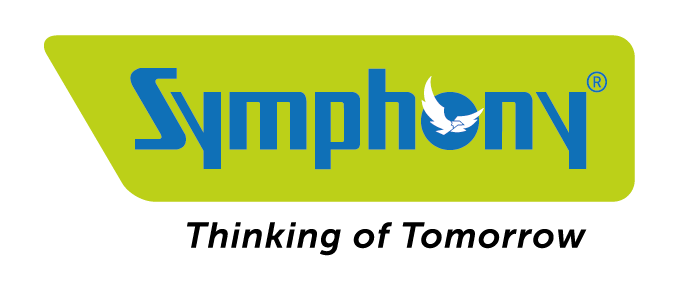In the realm of commercial spaces, whether offices, retail outlets, or industrial facilities, maintaining an optimal indoor climate is crucial for productivity, customer satisfaction, and equipment performance. Selecting the right air cooling solution is, therefore, a key decision for business owners and facility managers. This article explores the various commercial air cooling solutions available, highlighting their benefits and helping you make an informed choice for your business.
Traditional Air Conditioning Systems
Traditional air conditioning systems, including central air conditioners and split systems, are widely used in commercial settings. These systems use refrigerants to absorb and transfer heat from indoor spaces, providing efficient cooling. Central air conditioning systems are ideal for large buildings, offering consistent temperature control throughout the premises. Split systems, with separate indoor and outdoor units, provide flexibility and are suitable for smaller commercial spaces or specific areas within larger buildings.
Energy Efficiency and Cost Considerations
When choosing a commercial air cooling solution, energy efficiency is a critical factor. Traditional air conditioning systems can be energy-intensive, leading to high operational costs. However, modern advancements have introduced energy-efficient models with features such as variable speed compressors, smart thermostats, and zoning capabilities. These innovations allow for precise temperature control, reducing energy consumption and lowering utility bills. For businesses looking to minimise operational costs, investing in energy-efficient air conditioning systems is a prudent choice.
Evaporative Air Coolers
Evaporative air coolers, or swamp coolers, offer an alternative to traditional air conditioning. These systems cool the air through the natural process of evaporation, drawing warm air through water-saturated pads. As the air passes through these pads, it cools down and is then circulated into the space. Evaporative coolers are particularly effective in dry climates and are known for their low energy consumption. They provide a cost-effective and environmentally friendly cooling solution for various commercial applications.
Improved Air Quality
One of the significant advantages of evaporative air coolers is their ability to improve indoor air quality. Unlike traditional air conditioners, which recirculate indoor air, evaporative coolers introduce fresh, filtered air into the space. This continuous influx of fresh air helps remove dust, allergens, and other pollutants, creating a healthier environment for employees and customers. Additionally, the added humidity can prevent dryness, which is often a concern with traditional air conditioning systems.
Heat Recovery Ventilation Systems
Heat recovery ventilation (HRV) systems are another innovative cooling solution for commercial spaces. These systems exchange stale indoor air with fresh outdoor air while recovering heat from the exhaust air to pre-condition the incoming air. HRV systems are highly efficient, providing ventilation and cooling while reducing the load on traditional air conditioning systems. This results in lower energy consumption and improved indoor air quality. HRV systems are particularly beneficial in commercial settings where air quality and energy efficiency are priorities.
Split and Multi-Split Systems
Split and multi-split air conditioning systems offer versatile cooling solutions for commercial spaces. A split system consists of one outdoor unit connected to one indoor unit, ideal for cooling specific areas. In contrast, a multi-split system connects multiple indoor units to a single outdoor unit, allowing for individual temperature control in different zones. These systems are energy-efficient, flexible, and easy to install, making them suitable for various commercial applications, from small offices to larger retail spaces.
Maintenance and Longevity
When selecting a commercial air cooling solution, it is essential to consider maintenance requirements and system longevity. Traditional air conditioning systems require regular maintenance, including filter changes, refrigerant checks, and coil cleaning, to ensure optimal performance and longevity. Evaporative air coolers also need routine maintenance, primarily involving cleaning or replacing cooling pads and checking the water supply. Heat recovery ventilation systems require periodic inspections and filter changes. Proper maintenance of any cooling system is crucial to prevent breakdowns, ensure efficiency, and extend the lifespan of the equipment.
How to choose the Right Commercial Air Cooling Solutions
Choosing the right commercial air cooling solution involves evaluating various factors, including energy efficiency, cost, air quality, and maintenance requirements. Traditional air conditioning systems offer reliable and consistent cooling but can be energy-intensive. Evaporative air coolers provide an energy-efficient and environmentally friendly alternative, particularly suitable for dry climates. Heat recovery ventilation systems and split/multi-split systems offer innovative solutions that enhance air quality and efficiency. By understanding the benefits and considerations of each option, businesses can select the most suitable cooling solution to optimise comfort, efficiency, and overall performance in their commercial spaces.
